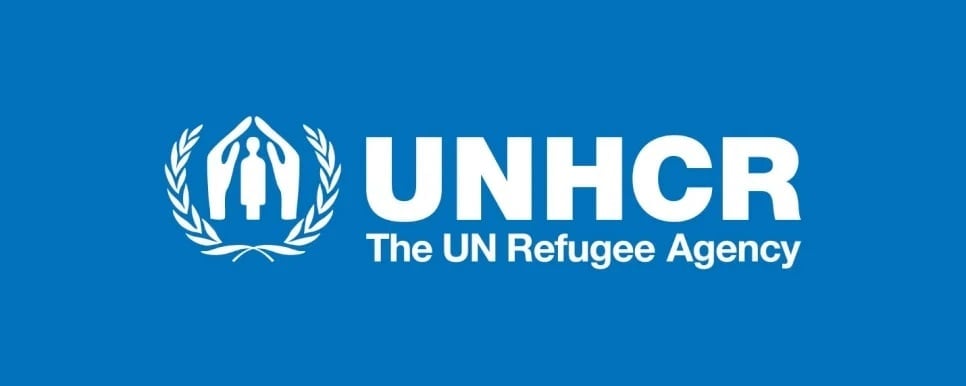Fleeing bandit attacks, Nigerian villagers seek safety in Niger
Fleeing bandit attacks, Nigerian villagers seek safety in Niger

Only a few days into 2021, gunmen attacked Rambadawa, in northern Nigeria, to loot the village and steal cattle.
“I was on my way home when I came face to face with the bandits,” says Abdoulaye. “They said: ‘If you move, you're dead!’ I barely moved a foot and they shot me in the leg.”
Abdoulaye fell to the ground, but somehow managed to reach a house to hide out. When the attackers left, two villagers were dead.
Aisha, Abdoulaye’s heavily pregnant sister-in-law, was at home when she heard gunshots.
“They were firing in all directions, people were fleeing for their lives. Everyone was panicking,” she says. “I took my children with me and we fled towards the border with Niger.”
Aisha and her four children walked all night to reach Sanguerawa, across the border in Niger’s Maradi region, some 20 kilometers away. The village’s 3,800 inhabitants are hosting 1,000 Nigerian refugees, 700 of whom have arrived since the start of the year.
“They were firing in all directions, people were fleeing for their lives."
Soon after reaching safety, Aisha gave birth to a baby girl. After receiving treatment in hospital for his gunshot wound, Abdoulaye also made his way to Sanguerawa, where he rejoined his family. Like most others who fled empty handed in the rush to save their lives, they need water, food, shelter and access to medical care.
The attack on Rambadawa is one of a growing number in north-west Nigeria. The surging violence is driving displacement into neighbouring Niger’s Maradi region, which now hosts nearly 100,000 displaced people, including 77,000 Nigerian refugees, 7,660 of whom have fled since the start of the year.
UNHCR, the UN Refugee Agency, is concerned that the unprecedented insecurity is also now spilling over the border. UNHCR teams in Niger have recorded a spike in deadly violence inside Maradi, with more casualties and serious incident reports in January and February 2021 than in the second half of 2020. Fearing for their lives, 22,153 people have become internally displaced.
“The rise in cross-border activity by criminal groups since the start of the year is a cause of real concern,” says Alessandra Morelli, UNHCR’s representative in Niger. “We are adapting our response to the waves of forced displacement caused by growing insecurity and we are providing protection and access to basic services such as health, education and access to water.”
“The rise in cross-border activity by criminal groups is a cause of real concern.”
To try and keep displaced civilians safe, some 11,320 refugees have been relocated further away from the border in three villages – Dan Dadji Makaou, Garin Kaka, and Chadakori, since October 2019. UNHCR, Niger authorities and their partners have boosted water, health, sanitation, and education infrastructure for the displaced and their hosts, helping to ease pressure on local communities who have limited means.
The current displacement is worrying. Morelli noted that Maradi sits between two regions with major displacement crises, the Sahel and the Lake Chad Basin.
Armed groups in both regions have been fueling two of the world’s fastest growing displacement and protection crises. 5.5 million people have been uprooted from their homes since violence erupted in 2009 in the Lake Chad basin and 2012 in the Sahel.
Humanitarian efforts to respond to the dual emergencies in the Sahel and the Lake Chad Basin are dangerously overstretched. UNHCR is urging the international community to boost support for the region and to help governments root out the causes of this forced displacement and to boost strategic and sustainable development.










